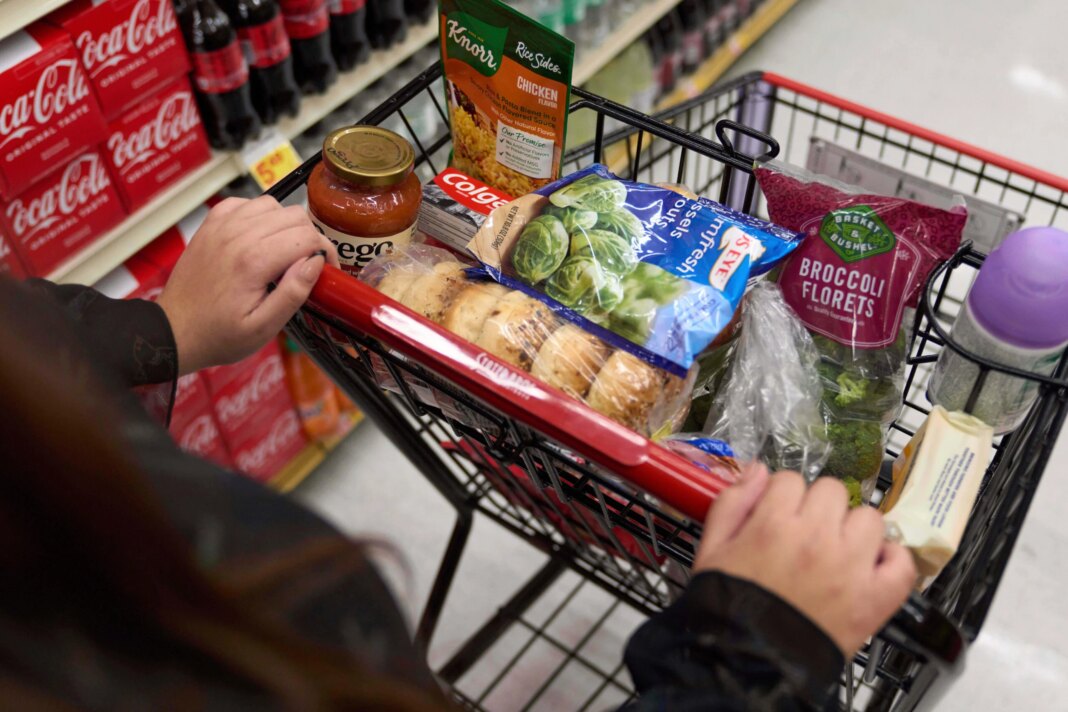As the clock ticks toward Saturday, tens of millions of Americans face the grim possibility of losing critical federal funds that help them secure food for their families and access early childhood education programs. Without urgent action from Congress to resolve the ongoing U.S. government shutdown, the Supplemental Nutrition Assistance Program (SNAP), which serves approximately one in eight citizens, is set to run dry. Additionally, funding for essential programs like Head Start and the Special Supplemental Nutrition Program for Women, Infants, and Children (WIC) may also be at risk in the coming weeks.
SNAP Benefits: A Lifeline for Many
SNAP provides lower-income families with electronic debit cards charged monthly by the federal government to purchase groceries at authorized retailers. Each state manages the program slightly differently, meaning not everyone receives their benefits at the same time within the month. The average monthly benefit amounts to about $187 per person, with most recipients living at or below the poverty line.
Complicating matters, state officials from Missouri and Pennsylvania indicate that while previous benefits might remain accessible, Arkansas is advising recipients to spend any remaining balance in preparation for potential shortages. There’s considerable uncertainty as to whether benefits left on cards after November 1 will still be usable.
Skepticism surrounds the Trump administration’s rejection of tapping into a $5 billion contingency fund that could have helped sustain SNAP during the shutdown. Reports from the U.S. Department of Agriculture suggested that this fund might be appropriate for maintaining benefits, yet the administration has drawn a hard line against its usage, framing it instead as emergency relief for disasters.
States Stepping Up Amid Federal Inaction
In light of the looming cuts, several states have taken proactive measures to fill the gap left by stalled federal funds. Louisiana, Vermont, and Virginia are among those considering state-level funding to continue food aid for recipients during the shutdown.
In Louisiana, where nearly 800,000 residents rely on SNAP, a unanimous resolution has been passed in the House urging the state’s health department to allocate $150 million to avoid disruption in benefits. The state’s Republican governor has indicated that this is a top priority, reflecting the urgent need for legislative action at the state level.
Conversely, officials in other states, such as New Hampshire, Minnesota, and California, are expanding funding for local food banks to assist those affected by potential SNAP disruptions. In New York, Governor Kathy Hochul has prioritized a fast-track allocation of $30 million for emergency food assistance to help pantries remain stocked.
Impact on Early Childhood Education
The shutdown also threatens educational opportunities for young children. According to the National Head Start Association, more than 130 Head Start preschool programs could see their federal grants go unpaid if the government doesn’t reopen. These programs provide crucial educational and childcare services for low-income families, and their closure could force parents to miss work and disrupt their lives.
Several programs have already missed anticipated federal funding due at the start of October, forcing them to operate on dwindling reserves. This situation puts over 65,000 children at risk of losing access to preschool education.
WIC Program in Jeopardy
Another vital program, WIC, which supports more than 6 million low-income mothers, young children, and expectant parents, faces imminent funding shortages as well. Although it received a temporary infusion of funds to keep the program operational through the end of October, this funding is projected to run out as soon as November 8.
The WIC program allows families to purchase nutritious foods like fruits, vegetables, low-fat milk, and infant formula, providing essential nourishment for vulnerable populations. The recent reallocation of $300 million from unspent tariff revenues was merely a stopgap solution, highlighting the urgent need for a long-term resolution amid the government shutdown.



